
Japan is known as one of the world’s top gourmet destinations, offering not only a wide variety of delicious dishes at countless restaurants but also convenient access to ready-made meals and snacks at convenience stores. Additionally, supermarkets provide fresh, high-quality ingredients for people to enjoy cooking at home. However, Japan is also one of the countries with significant food waste. According to data published by the Ministry of Agriculture, Forestry, and Fisheries, approximately 500 tons of food are discarded annually. This equates to about 114 grams of food per person per day (roughly one bowl of rice) or about 41 kilograms per person annually.
This article delves into the causes of food waste in Japan and the efforts being made by the government, businesses, and individuals to address the issue.
*If you purchase or book any products mentioned in this article, a portion of the sales may be returned to FUN! JAPAN.
The Current State of Food Waste in Japan
The reasons behind food waste go beyond simple mismatches between supply and demand. A variety of complex factors are involved at every stage of production, distribution, and consumption. What are the challenges and realities in each stage?
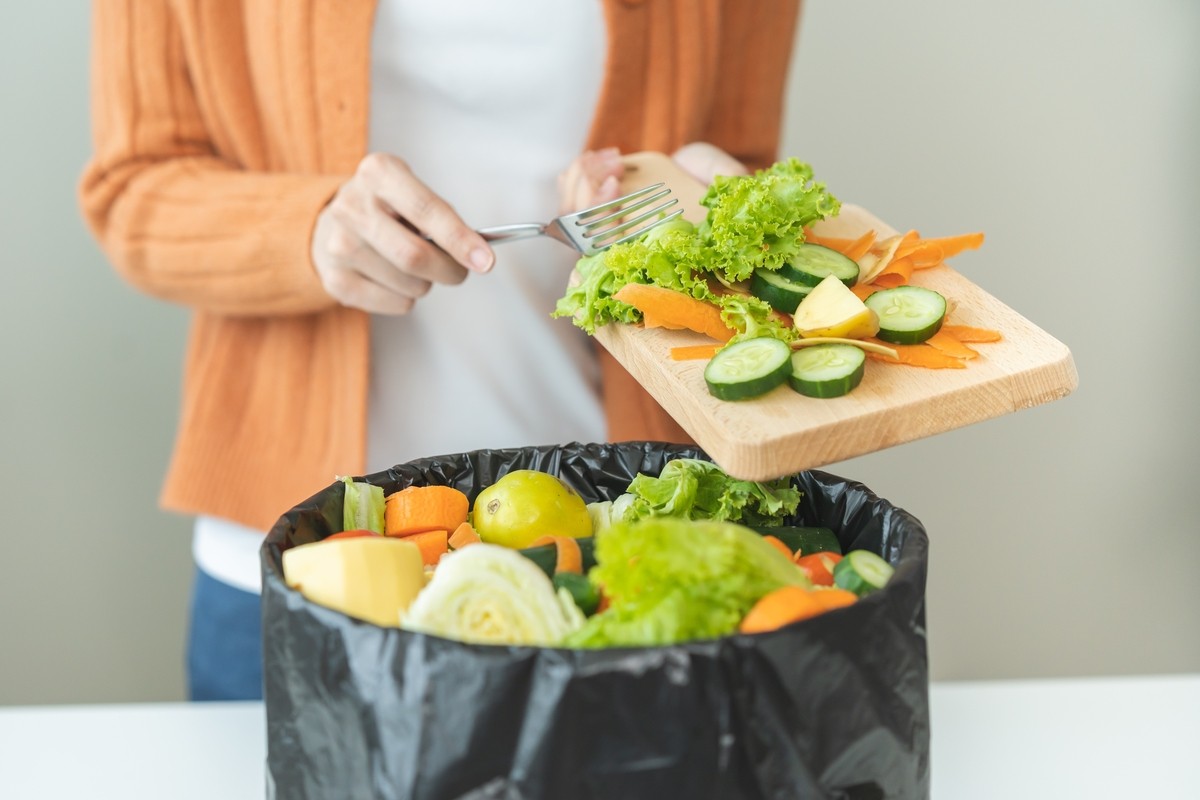
Causes of Food Waste
Production and Distribution Stages
During the production stage, crops that do not meet specific standards for shape or size are often discarded as "non-standard products." Inadequate temperature control during transportation, improper packaging, and errors in demand forecasting that lead to overproduction also contribute to food waste. Furthermore, at the distribution stage, poor management of best-before or expiration dates results in the disposal of food items.
Retail and Food Service Industries
In the retail and food service sectors, excessive inventory to meet consumer demand and offering a wide variety of menu options often lead to food waste. In retail, factors such as the emphasis on "appearance" and "freshness" of products play a significant role. Items with minor imperfections or those that exceed their sell-by date are quickly discarded. Similarly, in the food service industry, food waste arises from leftovers after large-scale meal preparations or buffet-style offerings.
Consumer Stage
At the consumer level, unplanned shopping and poor management of refrigerator contents often result in food being discarded. A lack of understanding about best-before and expiration dates also causes people to throw away food that is still edible. Additionally, the psychological tendency to seek "perfect quality" contributes to the worsening of food waste.
Problems Caused by Food Waste
Environmental Issues (Resource Depletion and Global Warming)
The disposal of food waste consumes significant amounts of energy and water, leading to a waste of precious resources. Furthermore, the methane and carbon dioxide emitted from the landfill or incineration of discarded food contribute to the progression of global warming.
Economic Losses
For retailers and the food service industry, the costs associated with unsold inventory and disposal create financial burdens. Similarly, the money consumers spend on food they cannot use and end up discarding represents an economic loss. Some studies suggest that food waste from a single household amounts to approximately 60,000 yen annually.
Social Inequality
While vast amounts of food are discarded in developed countries, people in developing nations continue to suffer from food shortages. This "food disparity" creates a vicious cycle of poverty and hunger, worsening social inequality.
Decline in Consumer Awareness
Many consumers lack a clear understanding of the differences between "best-before" and "expiration" dates or the proper methods for storing surplus food. This leads to unnecessary waste. Moreover, the devaluation of food, where edible items are casually thrown away, signals a loss of the "mottainai spirit" and the traditional mindset of cherishing resources that have long been considered virtues in Japan.
How Can We Address Food Waste? Key Issues to Consider
Reducing food waste requires identifying the challenges in economic, regulatory, and consumer awareness aspects. From individual efforts to nationwide reforms, practical actions and a shift in mindset are essential.
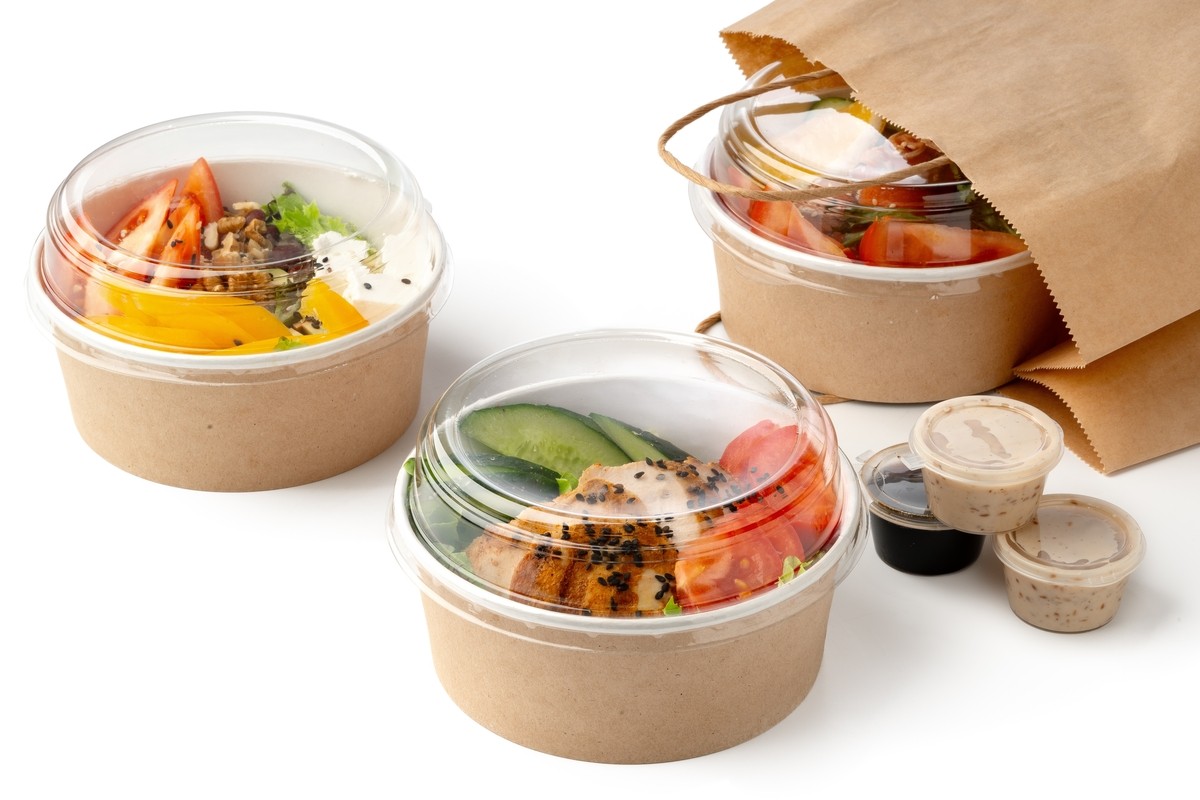
Economic Aspects
Food waste not only involves the loss of the food itself but also the costs associated with production and distribution. In the retail and dining sectors, implementing distribution management and preservation technologies incurs additional costs. Another challenge lies in making food-sharing services—platforms that match surplus food with consumers—economically sustainable.
Legal and Policy Aspects
Japan has laws and policies in place to promote food waste reduction, but further strengthening is necessary. For example, the "Food Waste Reduction Promotion Act," enacted in 2019, encourages cooperation between national and local governments, businesses, and consumers to tackle food waste. However, its implementation and outcomes vary across regions. Additional measures, such as revising expiration labeling systems, offering tax incentives or subsidies for businesses that actively reduce food waste, and improving related infrastructure, are crucial.
Consumer Awareness
Despite having no issues with taste or quality, misshapen or irregularly sized fruits and vegetables are often avoided by consumers. Overly cautious attitudes toward best-before dates are also a significant factor in food waste. It's important to understand that best-before dates indicate the period during which the food is at its best quality for consumption. If stored properly, many foods remain edible even after the indicated date. Changing the perception that "past the best-before date equals unsafe" is essential for addressing this issue.
Efforts by the Japanese Government, Businesses, and Consumers to Reduce Food Waste
Solving the issue of food waste is not something that can be achieved overnight. However, through proactive measures by the government and businesses, as well as heightened consumer awareness, Japan is steadily moving toward improvement.
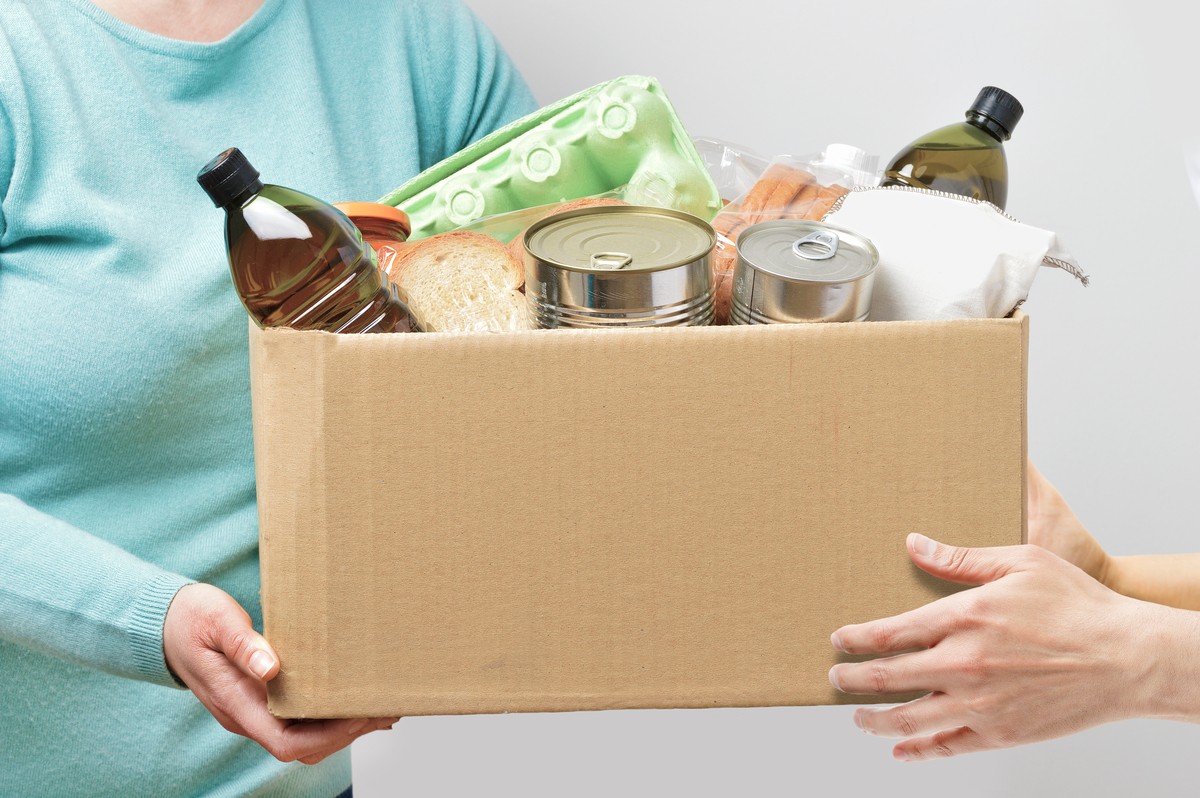
Government Initiatives
The government plays a vital role in reducing food waste. Beyond strengthening the Food Waste Reduction Promotion Act and providing legal support for food bank donations, they are actively promoting awareness through national campaigns and school education programs. Additionally, leveraging big data and AI to analyze the volume and causes of food waste and integrating these insights into policymaking is highly anticipated.
Corporate Initiatives
More companies are adopting systems to improve demand forecasting accuracy during production and distribution to minimize waste. Efforts such as donating to food banks and encouraging the reuse of discarded food are also gaining traction. Innovative business models, like subscription-based services aimed at reducing food waste, contribute to efficient resource utilization. Furthermore, educating consumers about proper food storage methods is a corporate responsibility that can enhance brand trust and image.
What Consumers Can Do
Consumers, too, must take mindful actions in their daily lives to combat food waste. This includes buying only what is necessary, cooking in planned quantities, and understanding the difference between "best-before" and "expiration" dates to avoid unnecessary disposal of food that remains safe to eat. By learning about the environmental and social impacts of food waste and adopting environmentally conscious behaviors, consumers can contribute to more sustainable consumption.
How to Reduce Food Waste Starting Today
If you're wondering, "What specific actions can I take to reduce food waste?" start by trying these five methods.
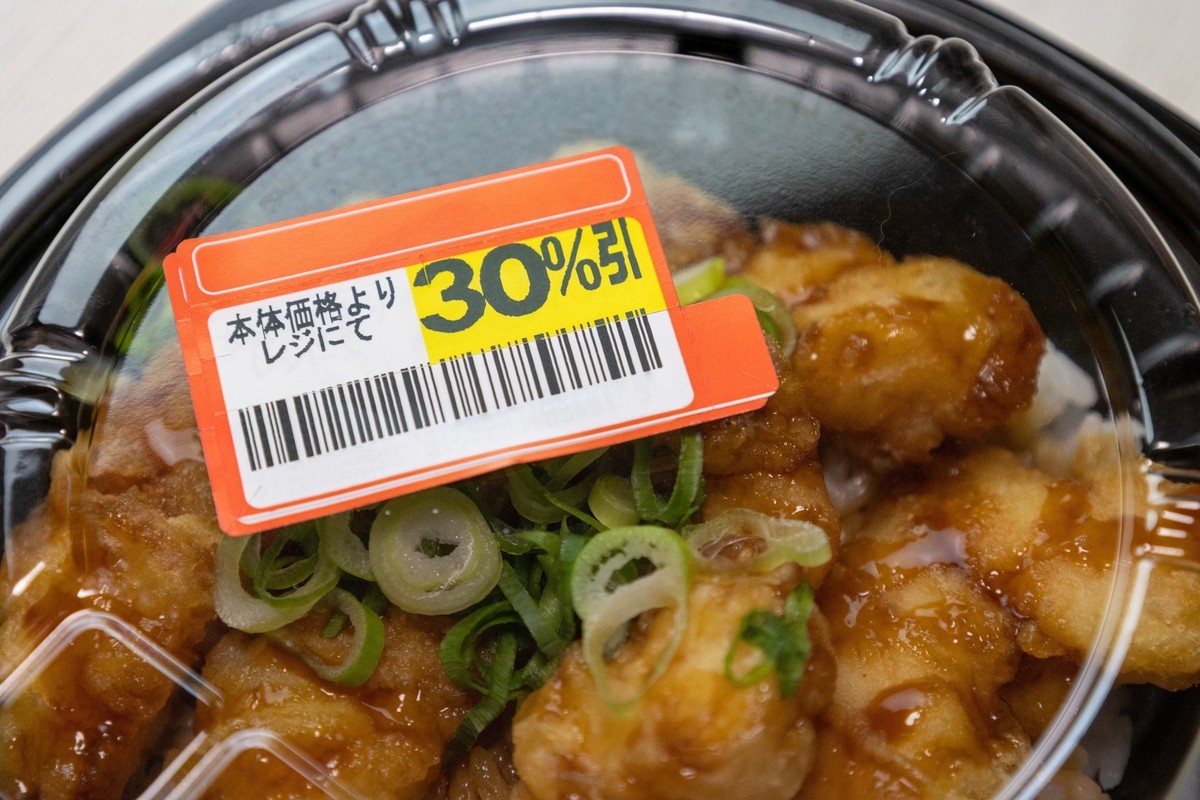
Use Ingredients Wisely
Utilize the nutrient-rich parts of vegetables, like skins and cores, in cooking. For instance, you can cook potatoes and carrots without peeling them, or use radish leaves and watermelon rinds to make pickles. Hard vegetable parts like cabbage stems or broccoli stalks can be softened by incorporating them into stews or soups.
Create Compost
Turning kitchen scraps into compost reduces waste and the effort required to dispose of it. Some local governments offer subsidies (covering one-third to half the cost, up to ¥20,000–¥30,000) for purchasing home composters or electric food waste processors, making it more affordable.
👉【Yahoo! Shopping] Buy Panasonic garbage disposal machine
👉【Yahoo! Shopping] Shima Co., Ltd. Buy a household food waste reduction dryer
Take Leftovers Home
When dining out, consider taking leftovers home to prevent waste. Be mindful, however, as some restaurants prohibit takeout due to food safety concerns. Many establishments offer free takeaway containers upon request, while others provide an option to purchase containers via digital menus.
Buy Discounted Items at Supermarkets and Convenience Stores
Purchasing marked-down items, such as those with 50 or 100 yen discounts or half-off labels, helps reduce food waste. Visiting during specific times, like just before closing or on rainy days, increases the likelihood of finding affordable bento boxes and ready-to-eat meals.
Support Food Waste Reduction Bundles
Buying bundles of items like irregularly shaped vegetables, short-dated processed foods, or "food waste reduction sets" is an easy way to contribute. While it's important to consume these items promptly, this practice offers an economical solution while supporting social good.
👉【Yahoo! Shopping] Mottainai Lucky Bag Buy 12-piece set
👉【Yahoo! Shopping] Eat and support Buy a food loss reduction set
👉【Yahoo! Shopping] Buy an assortment of non-standard vegetables and fruits
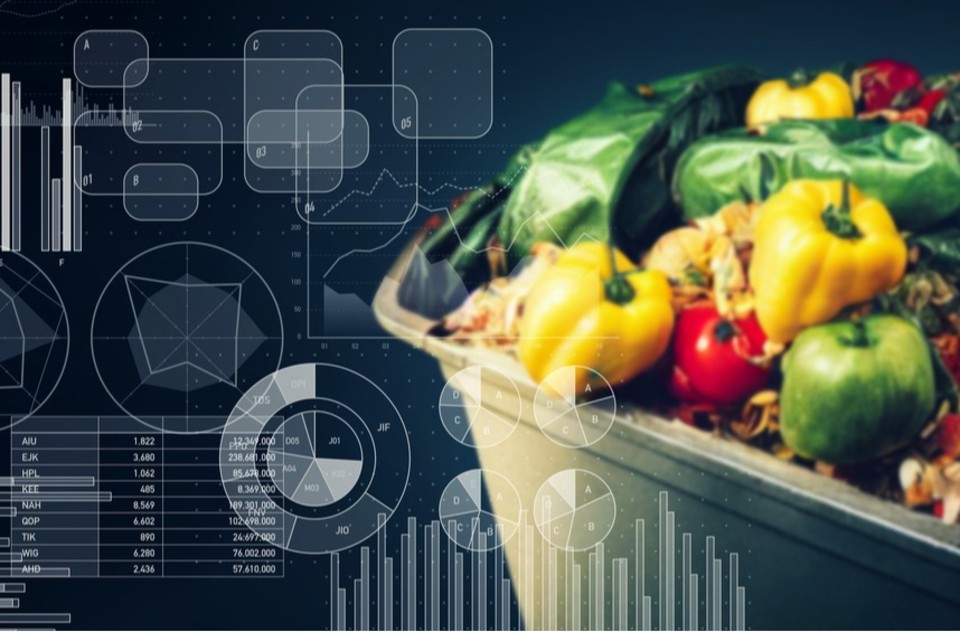


Comments